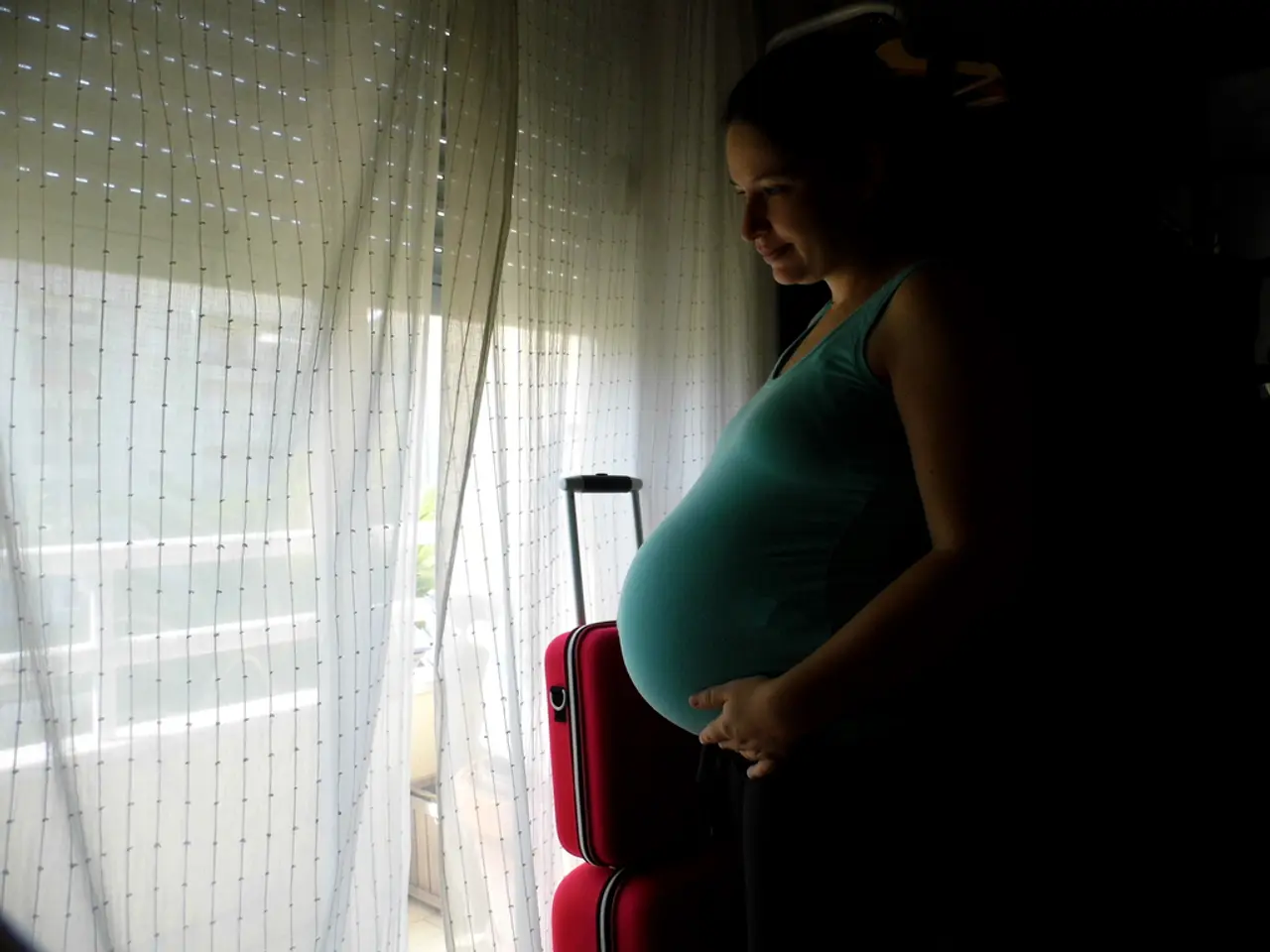State Withdraws Financial Support for "Sexual Abuse": Funding Revoked - State Financial Aid Withdrawn Over Allegations of Sexual Misconduct
The Fund for Sexual Abuse (FSA) in Germany, established in 2013 to assist survivors of sexual violence in childhood and adolescence, has undergone significant changes in recent years.
The FSA was primarily intended to cover costs of psychotherapy not covered by health insurance. However, the demand for assistance far exceeded expectations, leading to financial strain. As a result, the FSA ran beyond its initial three-year duration, with the federal government and only three states (Bavaria, Mecklenburg-Western Pomerania, and Hesse) contributing a total of around 62 million euros.
Despite the financial challenges, more than 35,000 people have applied for assistance and received over 165 million euros from the FSA as of the end of June 2025. The FSA also took over the costs of other services such as the acquisition and care of an assistance dog, professional further training, and massages.
However, the FSA was not financially equipped to meet the demand, leading to excess costs that were no longer covered in the federal budget, according to the Federal Court of Auditors. As a result, since June, no new applications for assistance from the FSA are being accepted. Moreover, as of January 2025, there will be no advance payment; all applied services must be self-financed. Applications submitted from mid-March onwards cannot be considered due to the exhaustion of funds.
The abrupt discontinuation of the FSA has left many affected individuals uncertain about how to proceed. Antonia*, an affected individual, feels like she has lost her footing due to the news that her application was submitted too late.
Despite these challenges, Germany's approach continues to emphasize strengthening structures to prevent abuse, improve victim support, and ensure accountability. In 2025, the "Gesetz zur Stärkung der Strukturen gegen sexuelle Gewalt an Kindern und Jugendlichen" (Act to Strengthen Structures against Sexual Violence against Children and Adolescents) came into effect. This law institutionalizes the office of the Independent Federal Commissioner against Sexual Abuse of Children and Adolescents and establishes mandatory reporting obligations on the extent of sexual violence, enhancing transparency and protection efforts[1].
The National Council on Combatting Sexual Violence Against Children and Young People, which coordinates various actors across society to improve prevention, protection, and support services, is also part of this broader national strategy. The council's activities include sensitization and training of parents, teachers, and other community members to build resilient, reliable networks around vulnerable children[1].
Federal Minister for Family Affairs Karin Prien has announced that she will bring a successor regulation for the FSA onto the agenda by the beginning of next year. However, the association chairwoman, Tatjana Belmar, remains skeptical about the establishment of a new regulation, stating "We're abandoning the old system, and the new one will never come."
Germany, as a notable contributor to international reparative justice mechanisms such as the ICC’s Trust Fund for Victims, demonstrates an ongoing commitment to supporting survivors of sexual and gender-based violence, including through reparations and victim assistance linked to international crimes[3].
In summary:
- The Fund’s current status is marked by the exhaustion of funds and the discontinuation of new applications.
- The FSA has provided assistance to over 35,000 individuals, amounting to more than 165 million euros.
- Future plans focus on reinforcing prevention, protection, and victim support structures within Germany, aligned with legislative mandates enacted in 2025[1].
- Germany is actively engaged in reparative justice efforts internationally, further affirming its commitment to supporting affected individuals[3].
[1] Bundesregierung (2023). Bundesregierung reagiert auf das Gesetz zur Stärkung der Strukturen gegen sexuelle Gewalt an Kindern und Jugendlichen. Retrieved from [https://www.bundesregierung.de/breg-de/news/gesetz-zur-staerkung-der-strukturen-gegen-sexuelle-gewalt-an-kindern-und-jugendlichen-1863436]
[2] Bundesministerium für Familie, Senioren, Frauen und Jugend (2023). Bundesministerin für Familie, Senioren, Frauen und Jugend: Fonds gegen sexuelle Gewalt an Kindern und Jugendlichen soll durch Nachfolgegesetz erneuert werden. Retrieved from [https://www.bmfsfj.de/bmfsfj/aktuell/pressemitteilungen/2023/2023-03-23-fonds-gegen-sexuelle-gewalt-an-kindern-und-jugendlichen-soll-durch-nachfolgegesetz-erneuert-werden.html]
[3] Bundesministerium für Auswärtige Angelegenheiten (2023). Deutschland engagiert sich für Opfer sexueller Gewalt. Retrieved from [https://www.auswaertiges-amt.de/de/Aussenpolitik/Themen/Frauenrechte/Frauenrechte-Node/Deutschland-engagiert-sich-fuer-Opfer-sexueller-Gewalt-442257]
- Recognizing the demand for health-and-wellness services beyond psychotherapy, the Fund for Sexual Abuse (FSA) has expanded its assistance to include costs such as acquisition and care of an assistance dog, professional further training, and massages.
- Amidst calls for a successor regulation for the FSA, Germany continues to show its commitment to mental-health and sexual-health support within its community institutions and as a member of the Union, with the enactment of the Act to Strengthen Structures against Sexual Violence Against Children and Adolescents in 2025.




